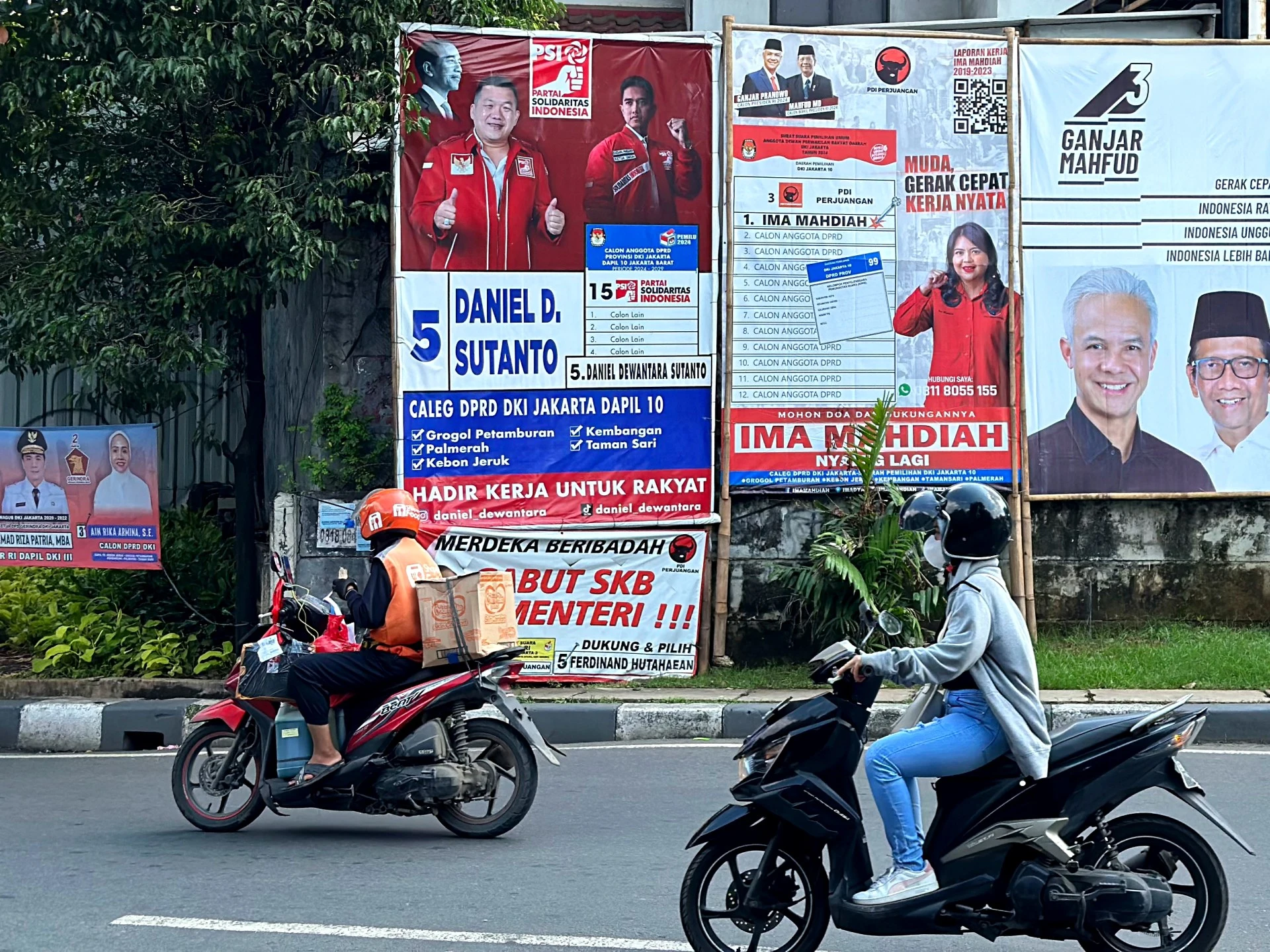Jakarta, Indonesia – Indonesia will see almost 10,000 people, including some from the country’s ethnic Chinese minority, competing in Wednesday’s general elections to become one of 580 lawmakers in the national parliament.
According to Indonesia’s General Elections Commission (KPU), there are 9,917 candidates representing 18 political parties across 38 provinces. Among those running are Indonesians of Chinese descent, who accounted for about 2.8 million of Indonesia’s then-237 million people, in the 2010 national census. The more recent census in 2020 did not list its ethnicities.
For Chinese Indonesians, democracy has afforded them political rights that were once restricted.
During more than 30 years under the rule of Soeharto, who resigned following mass protests in 1998, Chinese Indonesians were not allowed to publicly celebrate the Lunar New Year and assimilation policies were introduced to make them more “Indonesian”, effectively turning them into second-class citizens. Many turned to business and the private sector to earn a living after they were limited from government positions.
“Politics is not for everyone,” said Taufiq Tanasaldy, a senior lecturer in Indonesian and Asian studies at the University of Tasmania. “Particularly for the Chinese who had endured decades of discriminatory policies under the Soeharto regime.”


